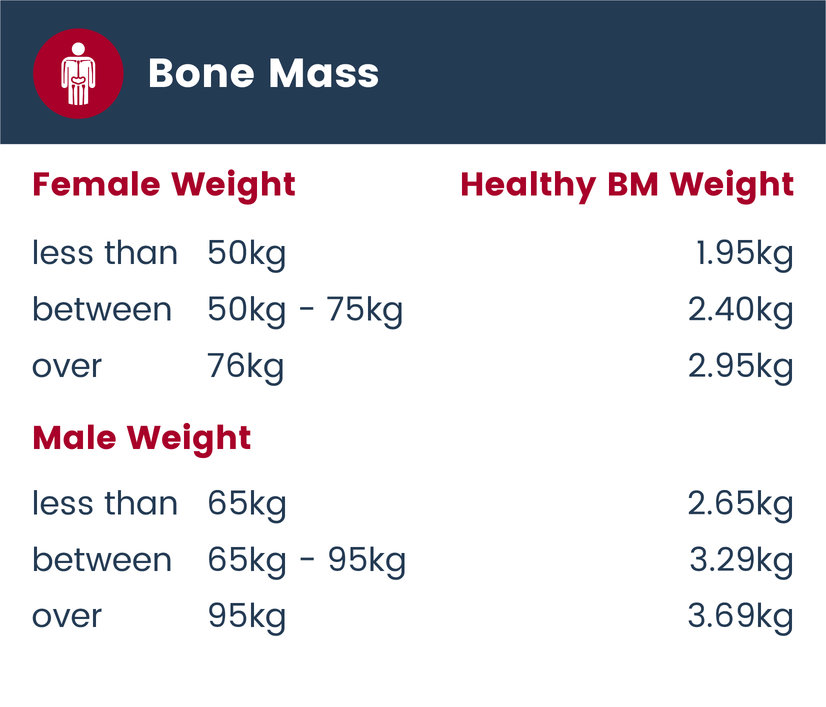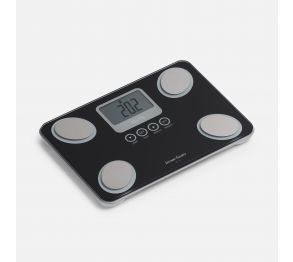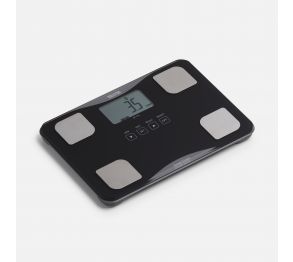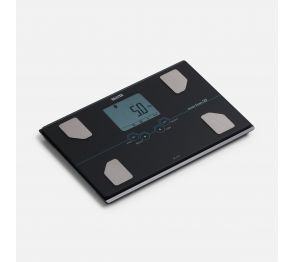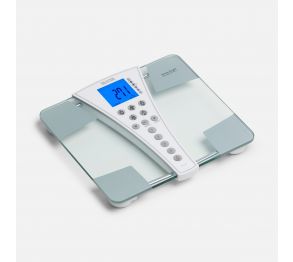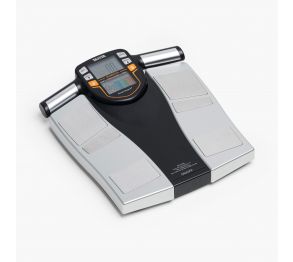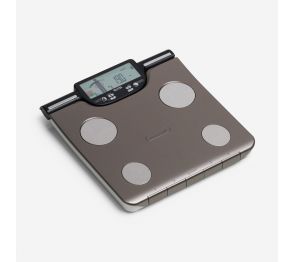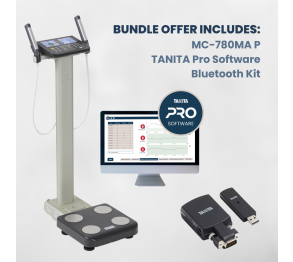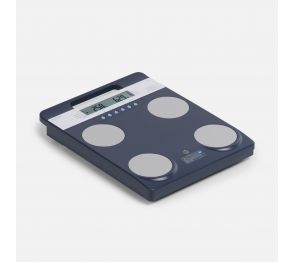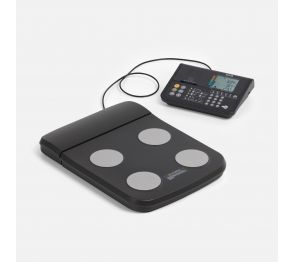Bone mass - learn more about your bones
You need strong bones
You need strong bones. Until you are about 30, your bone mass will normally increase. However, after that it will start to slowly decrease. That does not have to be as bad as it sounds. If you take good care of your bones they will likely remain dense enough to avoid any issues. If they deteriorate too quickly, or if you had low bone mass to begin with, you are at risk. Bone issues aren’t noticeable until it is too late. It is therefore smart to keep track of your bone mass and check if you are doing well. It is important to keep your bones as strong as possible. Luckily, there are plenty of things you can do to keep your bones healthy and dense.
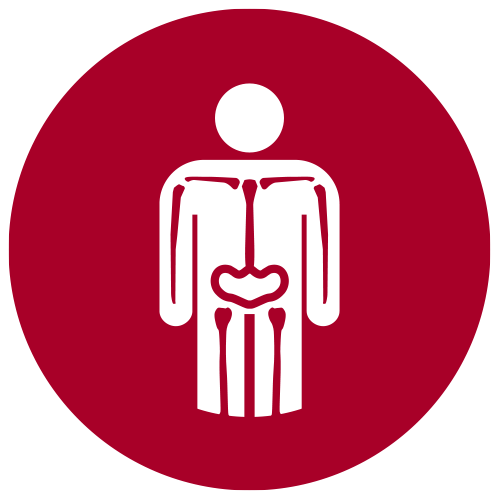

Nutrients that contribute to good bone mass
A good diet is a big factor contributing to healthy bones. The following nutrients play important roles:
- Calcium
- Vitamin D
- Vitamin K
- Potassium
- Magnesium
Calcium is the most well-known ingredient for strong bones. The nutrient is famously found in dairy, but also in leafy greens such as spinach, beans, fish with bones (sardines, canned salmon), oatmeal and many other foods.
Calcium alone is not enough. Other nutrients are needed for calcium to be able to its job well. For starters, your body needs vitamin D to absorb it. Vitamin D is found in shrimp, fatty fish and eggs. Your body also produces vitamin D when you are exposed to the sun. Many people have too low levels of this vitamin (especially in the winter), so supplementing could be wise.
The next ingredient needed to help calcium strengthen your bones is potassium. Potassium neutralizes acids that break down calcium. It’s in potatoes (don’t remove the skin), sweet potatoes, oranges, yogurt and bananas.
Magnesium is necessary for both calcium and vitamin D to work efficiently. Good sources of magnesium are spinach, tomatoes, potatoes, sweet potatoes and artichokes.
Two other vitamins which are good for your bone mass are vitamin K and C. Eat leafy greens, fruits and peppers and your body will be getting these essential nutrients.
Scales what measure your bone mass
- MC-780MA P Grey bundle offerSpecial Price €7,633.89 €6,309.00 Regular Price €8,482.10
Things to reduce or avoid
If you are getting the nutrients above, you are definitely on the right track. However, some things can affect your bone mass negatively. Keep in mind to not overdo it on the following:
- Alcohol
- Caffeine
- Smoking
Alcohol interferes with the working of vitamin D. Caffeine prevents calcium from doing its job properly. Do not despair, you do not need to go cold turkey on alcohol and caffeine. The negative effects on bone mass happen with heavy use. Keep your coffee and alcohol intake moderate, and you should be good.
Smoking prevents the body from effectively absorbing calcium, and therefore decreases bone mass. If you are a smoker, you can add this to the list of reasons to stop.
How to keep track of your bone mass
There is no way to know your bone mass without measuring. To do this at home, you can use a Tanita body composition monitor. Our bathroom scales send a very small electric current through your body. Since bones, fat, muscle and other tissue all conduct electricity at a different rate, the scale can then calculate your bone mass. Of course, there are more metrics you should know to find out if you are healthy. A Tanita weighing scale can also tell you your muscle mass, visceral fat percentage, body fat percentage and body water percentage. It can then interpret these data to assess your health and letting you know what you should work on.
